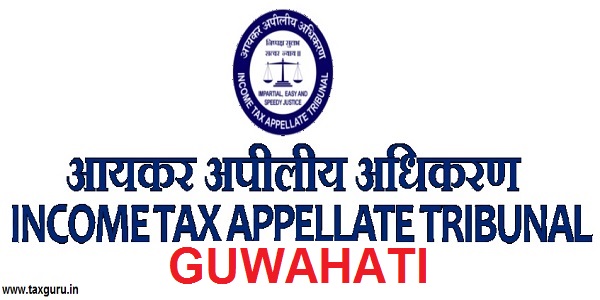The Indian income tax laws provide certain tax benefits to senior citizens. Let us discuss those benefits.
Page Contents
- 1. Higher Basic Exemption Limits for senior citizens under income tax
- 2. Higher Deduction limit under Section 80D for senior citizens under income tax
- 3. Higher Deduction Limit for interest from Banks and Post Office under Section 80TTB for senior citizens under income tax
- 4. Higher Deduction limit under Section 80DDB for senior citizens under income tax
- 5. Exemption from Payment of advance tax to senior citizens under income tax
1. Higher Basic Exemption Limits for senior citizens under income tax
For ordinary individual tax payers the basic exemption limit, upto which he is not required to pay any tax, is presently capped at Rs. 2.50 Lakhs. However for resident senior individual citizens who have completed the age of 60 years and yet to complete 80 years the limit is Rs. 3 lakhs. For resident individual tax payer over 80 years does not have to pay any tax upto Rs. 5 lakhs annual income.
2. Higher Deduction limit under Section 80D for senior citizens under income tax
For all senior citizens deduction upto Rs. 50,000/- for health insurance premium can be claimed by themselves or their children. From current year, in case the senior citizen does not have any medical insurance, deduction upto Rs.50,000/- can be claimed for any medical expenses including day today expenses as well as for hospitalization. Earlier this benefit was available to only for the senior citizens who had completed 80 years of age.
3. Higher Deduction Limit for interest from Banks and Post Office under Section 80TTB for senior citizens under income tax
Upto last year a deduction upto Rs. 10,000 was available in respect of interest from saving bank account but from current year all the senior citizen can claim deduction not only for saving bank interest but also for interest on any deposit with post office or bank and that too upto Rs. 50,000/- in a financial year. So now from current year senior citizens will be able to claim enhanced deduction upto not only on fixed deposits but also on the deposits made under Senior Citizen Savings Scheme(SCSS). The law has also been changed to provide that the no tax deduction at source will happen for senior citizen as long as interest on all these deposits for all the branches of a bank taken together does not exceed Rs. 50,000/- in a year. While arriving at the amount of Rs. 50,000/- interest on saving bank account shall be excluded as there is no provision for tax deducting at source on it irrespective of amount credited during the year. So a senior citizen has to submit form No. 15H only if he wants to receive the interest without deduction of tax at source and such interest exceeds Rs.50,000 in a year.
4. Higher Deduction limit under Section 80DDB for senior citizens under income tax
Tax laws allow the tax payers a deduction in respect of expenses incurred for medical treatment of self or dependent relatives. For general tax payers the amount of deduction available is Rs. 40,000/- but in case the expenses are incurred in respect of a senior citizen the entitlement goes to Rs. 1 lakh in a year.
5. Exemption from Payment of advance tax to senior citizens under income tax
In case your tax liability after reducing the amount of TDS is more than Rs. 10,000/- in a year, you are required to pay advance tax in four instalments. However senior citizens are exempted from requirement of payment of advance tax provided they do not have any income under the head “Profits and Gains of Business or Profession”. The senior citizen can discharge their tax liability at the time of filing their ITR.
Balwant Jain is a tax and investment expert and can be reached at jainbalwant@gmail.com and @jainbalwant on twitter.























Dear Sir
Income from Nepal with Indian currency is Taxable in India
Regards